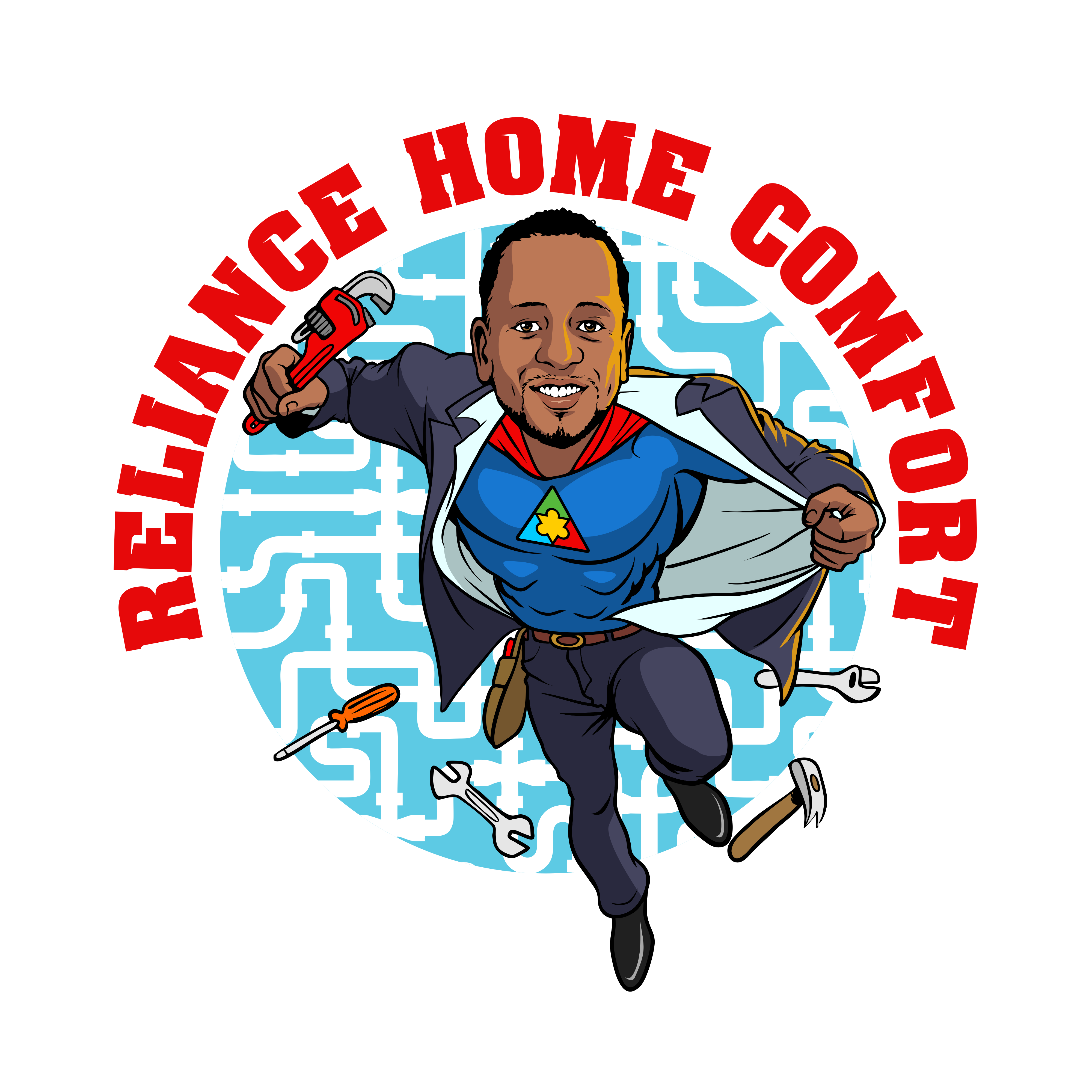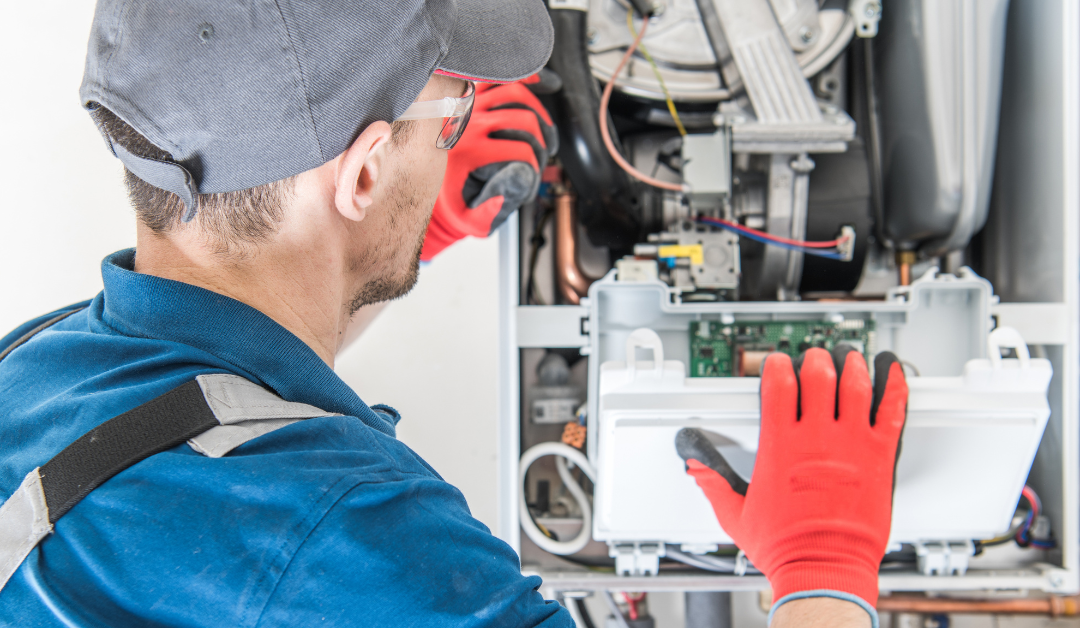Spending money on an inspection for your furnace may not be something that you are interested in doing. However, in the long run, it will save you money and it could also save the life of someone you love. Most HVAC specialists recommend having the system inspected twice a year: once in the spring before turning on the air conditioning, and once in the fall, before switching over to heat. Furnace inspections are really important, not only for the health of the HVAC system but also for the health of your family.
Things we check for during a fall furnace inspection:
- Issues with carbon monoxide – over 400 Americans die each year from carbon monoxide poisoning and more than 20,000 people go to the emergency room annually because of it. The reason it is so difficult to prevent is that it is an odorless, colorless, tasteless gas, so detection is not easy without a carbon monoxide alarm. Symptoms include nausea, headache, dizziness, vomiting, chest pain, and feeling confused. Carbon monoxide poisoning can be caused by your furnace because it is created when fuels like propane, natural gas, gasoline, coal, oil, or methane are burned. We use those types of fuels to heat our homes and they are usually contained and safe. However, if a furnace is neglected or damaged carbon monoxide can leak out and cause CO poisoning to occur. You should schedule your fall furnace inspection before you plan to turn on your home’s heating system to make sure that everything is operating properly the HVAC specialist will look at your furnace to make sure there is no carbon monoxide leaking out. They will also measure the gasses within the furnace and check to see if they are at the proper levels. You can also lower the risk of CO poisoning by installing a carbon monoxide detector in your home.
- Cracks in the heat exchanger – one of the main causes behind CO leaks in the furnace is cracks in the heat exchanger. This is a coil that sits inside the furnace and its job is to produce heat, using fuel, to heat the air. The heated air will then be pushed through your ductwork to heat your home. If there is a crack in the heat exchanger coils, that could mean that carbon monoxide is leaking out into the air that is being heated and then moving through the ducts and into your home, where your loved ones are breathing it in. Normally the gasses inside the coil are sent outside through the flue, where they can’t hurt anyone. The heat exchanger will expand and contract as it heats up and over time this can cause leaks or cracks. By examining the heat exchanger, the HVAC specialist will be able to tell if there has been any damage, or if anything looks like it is close to cracking. If they see any problems the specialist can then help you decide if you only need to replace the heat exchanger as an individual part, or if the entire system needs to be replaced.
- Preventative measures – HVAC systems can last anywhere from 10 to 25 years and the best way to extend the life of the system is to have regular maintenance completed. The system is designed to operate as efficiently as possible – to use less energy and create less strain on the machine. Even if a small part is out of line that can reduce the efficiency and shorten the lifespan of your HVAC system. Usually, you can only tell when something huge breaks. There may be 2 or 3 issues within the HVAC that you are unaware of and this can really impact how well your system can heat and cool your home. A trained HVAC specialist will thoroughly inspect all the aspects of the system to ensure that everything is functioning as efficiently as possible. This saves you money in the long run – a system that costs $6,000, is well cared for, and lives 20 years costs you $300 a year, but that same $6,000 system costs $500 a year if it lives to be 15. Regular maintenance is also part of keeping your loved ones safe. Catching a potential CO leak before it happens can save a life.
Preventative maintenance is key in maintaining the health of your heating system and the health of your family. Call Reliance Home Comfort today to schedule your fall furnace inspection.

